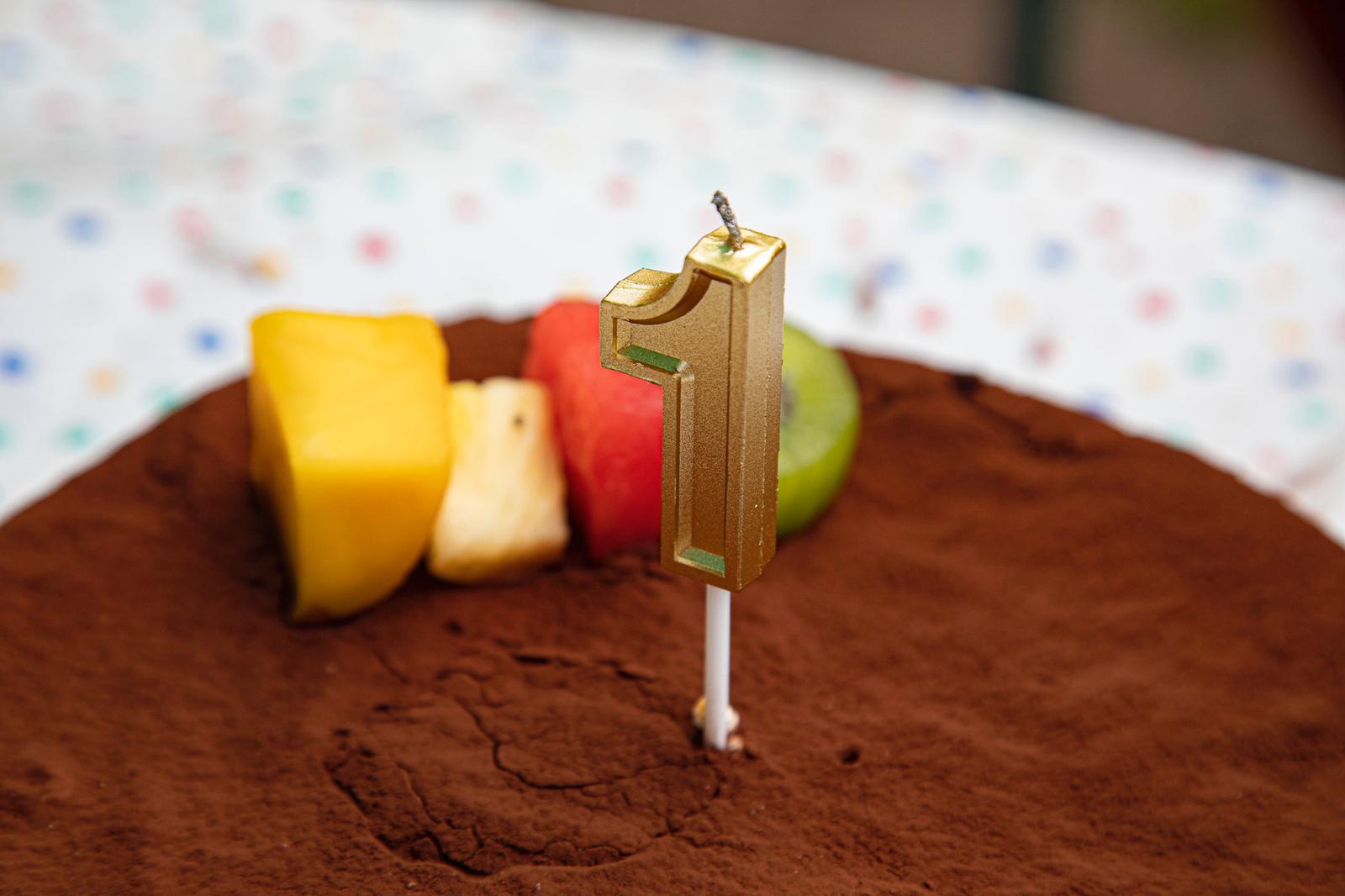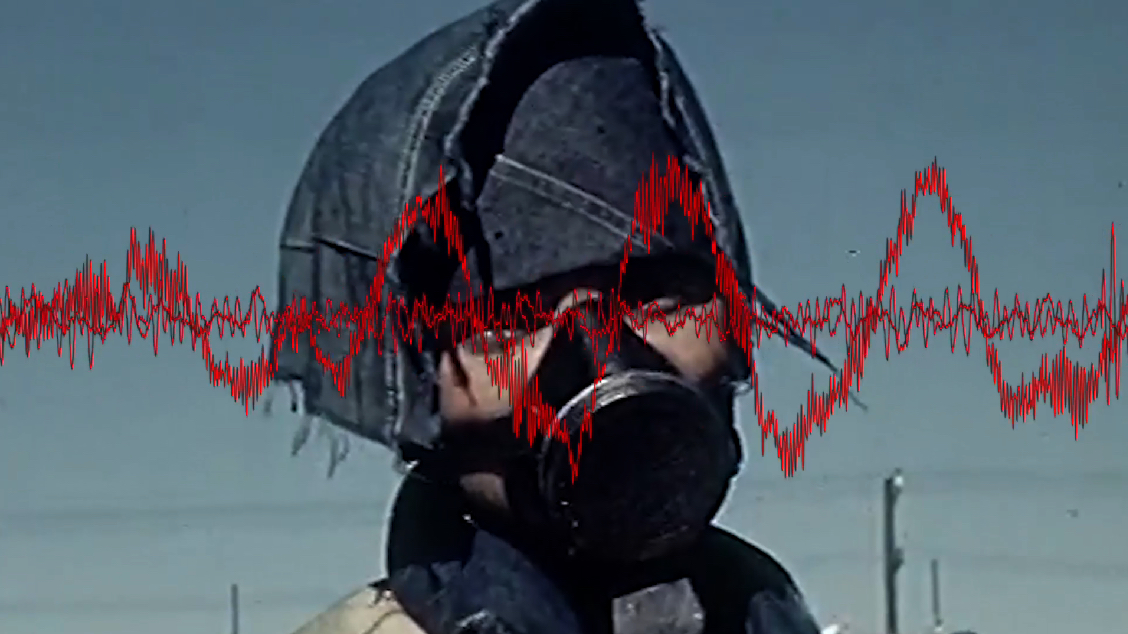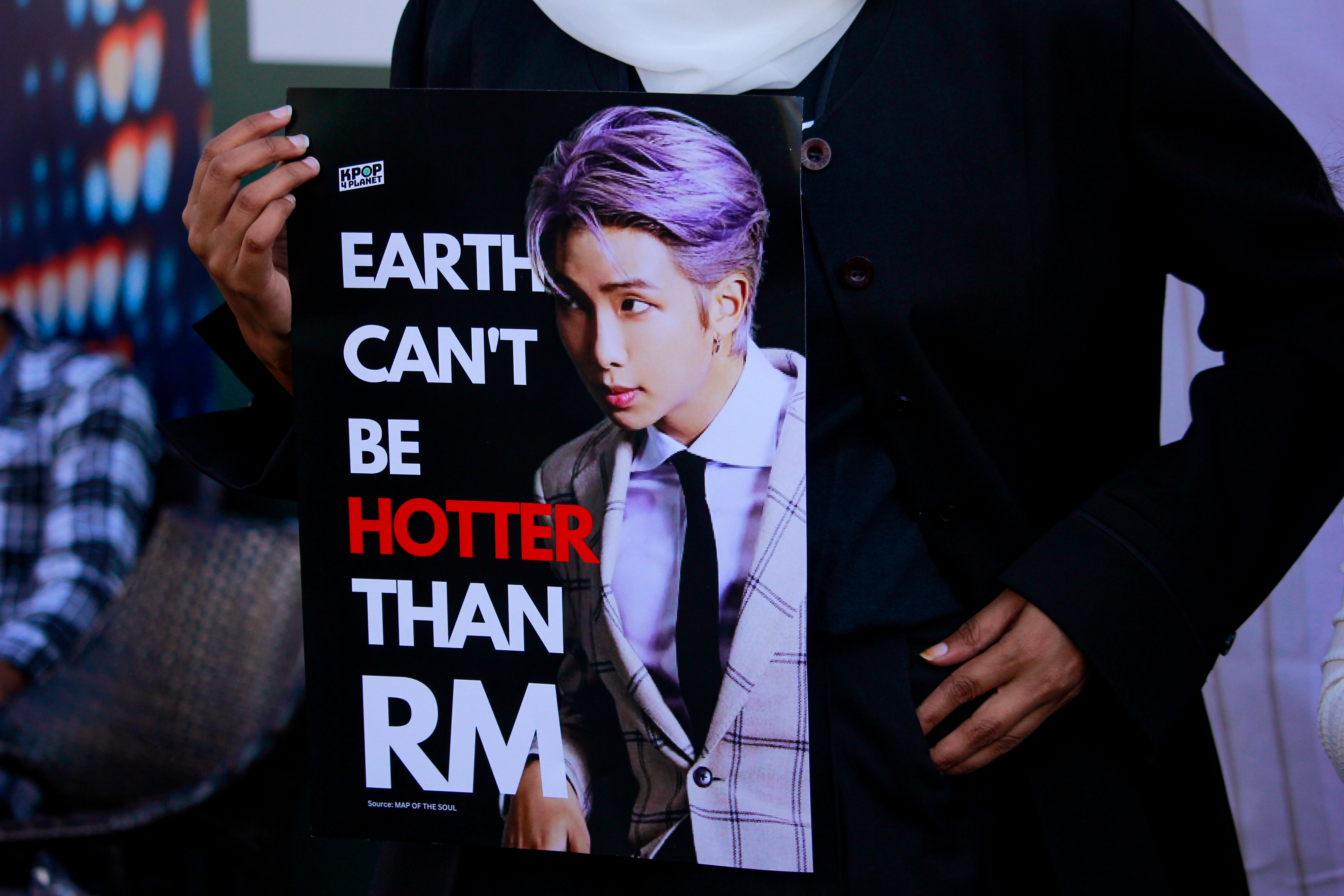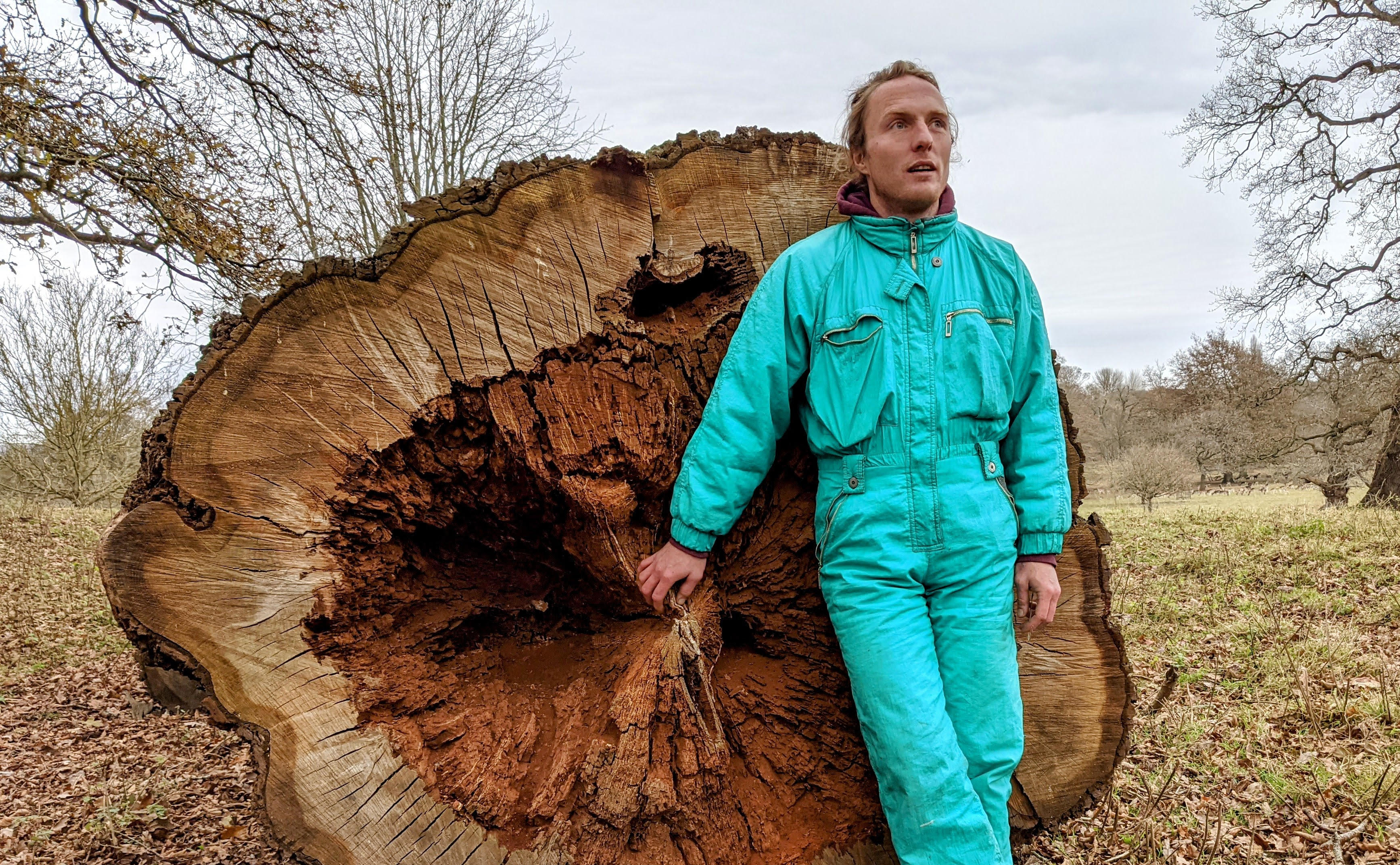Raising the Extinction Generation
Children born in the first blush of the pandemic will be thirty years old in 2050 - with “large-scale drought, famine, heat stress, species die-off, loss of entire ecosystems, and loss of habitable land" as the best-case scenario. But they are our last, best hope.
I never wanted children. At least, not at first. I loved the agility of my childless life - and as a child of the late 70s, I was raised as an early adopter of an environmentally-led sustainable lifestyle. I knew that having one fewer child is a surefire way to reduce CO2 emissions. I was brought up growing vegetables and reusing single-use plastic. I made pocket money reducing my parents’ energy bills. I even wrote about how having kids scared me in a Nathan Barley-ish magazine.
Then a switch flipped, and starting a family became mission-critical. And one summer day (or was it night, I can’t remember), while the world masked up and hand-sanitised their way through another Zoom pub quiz, our little sprout was born. Over 200,000 of the 600,000 babies born in the UK during the first year of the pandemic came when lockdown was at its most restrictive. In addition to being slow at achieving developmental milestones and not having much by the way of the “normal” things new parents schedule for their babies (classes, visits to grandparents, interaction with human beings outside your bubble), these babies were conceived in a recession, born in the middle of a global pandemic and will be raised listening to the wheezes of a dying planet. Parental guilt is inevitable - but the guilt felt by those with kids born in 2020 can be crippling.
“I’ve had to seek professional help since B was born,” Ivan, a young father, told me. “I’m prone to thinking about darker things, so I try to avoid the news. I skim headlines and listen to true crime podcasts. The algorithm knows what I’m avoiding and it helps me.”
Ivan isn’t alone. Selective news avoidance has doubled in the UK since 2017. People say there’s too much politics, that the news and the amount of it affects their mood and, hey, you can’t trust it anyway. My partner and I are both journalists and news, in our house, is whether Mrs H is playing at a local church or who in the nursery room has chicken pox. The other stuff is work.
Work, or the other stuff, can be tricky when you’re trying to avoid doom-scrolling about the state of the world so you can be fully present for your child. We’re in a unique position - being the among first to know the worst and best things, often in depth, while our brains try to compartmentalise that knowledge so it doesn’t affect your parenting too much. But it’s rarely possible: consumption and sustainability has guided our parenting from day dot. From using sharing apps like Young Planet to cycling as a primary means of transportation and co-adminning a WhatsApp mega-group of around 2,000 parents and carers, growing communities and the gift economy has been a hands-on gesture to ameliorate our guilt.
So why subject your crotch goblins to the world in the first place? Well, quite simply, because they are the last chance we got. Functioning societies depend on healthy, working people and we are hard-wired to survive. Ageing populations eventually drain resources and services like healthcare. Previous generations have sent carbon emissions down a death knell through extractive energy and relentless consumption and either thought there was nothing wrong with that or that someone else will clean up the mess. An older cohort is currently on janitor duty. This consists of Genesis Butler, Helena Gualinga and Joe Brindle and other pandemials under twenty, like Greta Thunberg, who appeal to the increasingly deafening ears of ageing boomers running countries and corporations. But the Extinction Generation is the one that will be handed the broom and burden to save the planet - and they’ve only just learned to sing the alphabet. Risk analysts who talk about a lost generation refer to youth under 25, and say “hard-fought societal wins could be obliterated” if this generation and ones that follow it lack pathways to educational and job opportunities.
“I don’t want to bring a kid into a world where water is a commodity,” says Dani, a finance professional in their mid-20s. “We don’t want kids precisely because we’re worried about resources.” Substantial levels of climate distress, or eco-anxiety, have been reported globally with children and young people particularly vulnerable to it. The Extinction Generation turned two this year. Nurseries teach children about the environment before they are potty trained - and these toddlers are feeling the brunt of an energy and cost of living crisis partly caused by the powers that are supposed to protect them. Fuel poverty can affect educational attainment and mental health, as well as having more direct effects on physical health.

Children born at the start of the global Covid-19 pandemic will be thirty years old in 2050, the year we are supposed to achieve net zero emissions if we are to avert the worst consequences of climate collapse.
Parenting for the apocalypse - or the community?
Our current rate of global warming is 0.2ºc per decade. At over 2ºc, apocalyptic predictions for the planet jump out of the realm of science fiction and into everyday fact. Some parents secretly hope their child will be a John Connor - the child in the Terminator films who ends up saving the human race.
“We are terrified,” says Jai, a parent of multiple children. “We’ve taught our children basic survival skills in case of societal collapse. I know that sounds extreme, but we’ve felt the need to cover all bases. It’s completely changed how we parent and how we operate as a family. My husband and I won’t earn money from climate collapse industries, for example.”
Jai’s case isn’t as extreme as she thinks. The chatter among parenting groups spans everyday frugality (cleaning with vinegar, mending old clothes) to how to build DIY space heaters from candles and plant pots and how to grow vegetables from kitchen scraps. More and more parents of toddlers are looking into forest schools and holding their kids back from formal education so they have a connection with learning and nature. Some feel that conventional institutions won’t make it to 2050 and that they need to equip their children with apocalypse skills.
Others are thankful for whatever community they have - parents of later lockdown babies had NCT groups, but the early ones had to form their own networks. I had an early lockdown child and swapped baby items as an excuse to go outside and walk with other parents. A local garden secured an exemption to remain open once a week to welcome parents and babies - and this connection, six feet apart, was our lifeline in lieu of much else. The friends my partner and I made in that garden remain today and, although I lack quantifiable evidence for it, I credit them with filling the socialisation gaps we had.
“I found being pregnant during lockdown hard enough but things were just opening up when P popped out,” says Kirstie, a lockdown parent. “I can imagine the stress it puts on you - those very early months are so unbelievably intense and sleep deprived that you need the normality of the outside world as a touchstone to remind you of ‘reality’. But if the outside world is mostly dystopian and weird, you just have each other”.

Image credit: Frame from "Flatline" (2017), a Climate Symphony film co-directed by Leah Borromeo and Katharine Round screened at the Global Health Film Festival at the Barbican Centre. Editing by Leah Borromeo. Additional editing by Alex Baro Cayetano.
The first chapter is already written - the last is not
A child’s first 1,000 days is widely considered to be the most important developmental period for a small human. It’s when the brain grows and develops and forms the foundation for mental and physical health. Trauma, personal and collective, in this period will have longer lasting effects - we don’t know what the real worldwide effects of the pandemic will be for our children. But we can look to children who were born during or who lived through the Second World War as a guide. Those who were evacuated from their homes at an early age were found to have a greater risk of clinical depression and anxiety and females had higher levels of dependency. They also had low incidences of secure attachment styles and high incidences of fearful ones. We call many of these people our grandparents and parents.
Another comparison can be drawn with children for whom trauma is the norm - ones who were born in conflict and for whom “normal” is war. Unlike children who experience a singular stressful event or brief periods of stress who can rationalise those occurrences as an aberration, Palestinian children growing up with repeated and chronic stresses are at greater risk of feelings of anger, despair and severe psychological distress.
The comparison between children in conflict zones and those staring a warming planet square in the face isn’t far-fetched. Because we are on the same planet, the children in those war torn parts are also children experiencing climate distress. They will be the ones at greatest risk of displacement. To date, six studies have found that high temperatures and air pollution can have adverse effects on babies’ long term health and bad air has a direct effect on fertility. According to the IPCC, 143 million people are likely to be uprooted due to the effects of a changing climate and resource scarcity. There could be over a billion climate refugees by 2050 and a quarter of a million homes in the UK are at risk as sea levels rise. And yes, someone, somewhere, is probably thinking of ways to monetise this.
In a way, parents to the Extinction Generation in richer countries have the benefit of countless Instagram feeds and books on gentle parenting and generational trauma. Plus, we’re in a privileged world where we have access to more information than our parents and grandparents - at speed. We know, although a number of us will try to shield ourselves from, what will happen when the planet gets warmer. We know that extreme weather will test our resilience and wits and that zoos and horticultural gardens may be the only way our children can see animals and plants on the brink of extinction. We know that our financial security is only as good as the next war or market crash or ‘act of god’. We know that our children will be entering adulthood in a world that’s different from our own - and they will have to develop survival skills that we may not be equipped to teach them.
What we don’t know is the answer to the age-old question of “what have we done?”. We can see where the caravan is going but not the details of the landscape - and the world where the Extinction Generation comes of age will likely not be a better one than the one we grew up in.
The very best outcome would be to have raised a human who treats others with grace and fairness. And in the meantime, we need to keep fighting. Our children owe us nothing - but we owe them the best world that we can make by the time they relieve us at the front.
The Lead is now on Substack.
Become a Member, and get our most groundbreaking content first. Become a Founder, and join the newsroom’s internal conversation - meet the writers, the editors and more.




